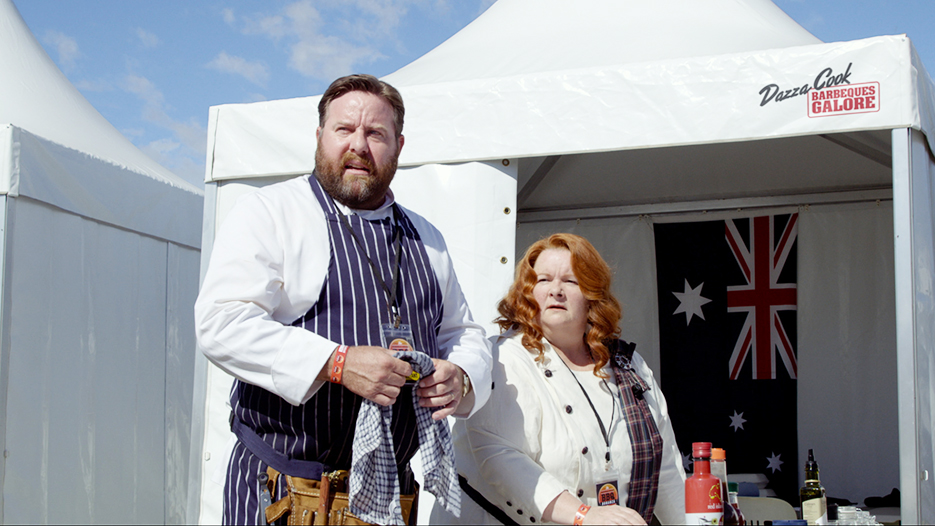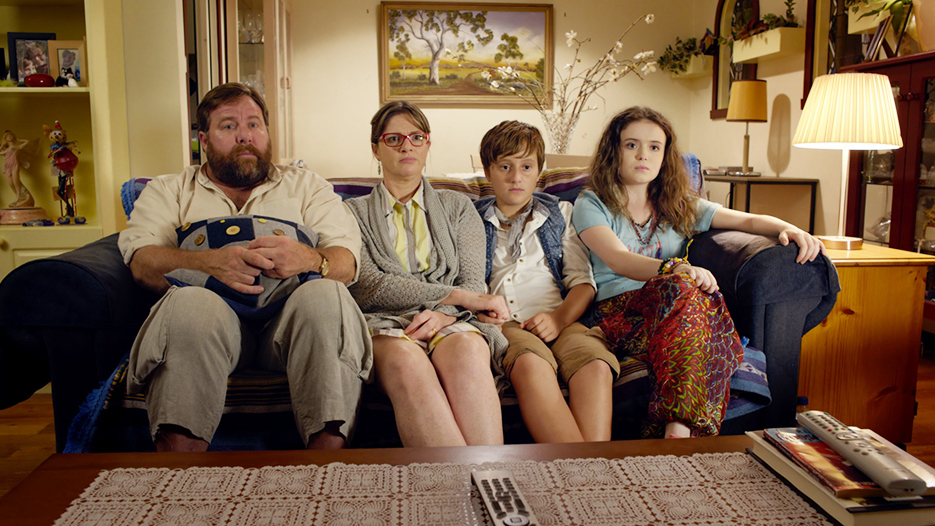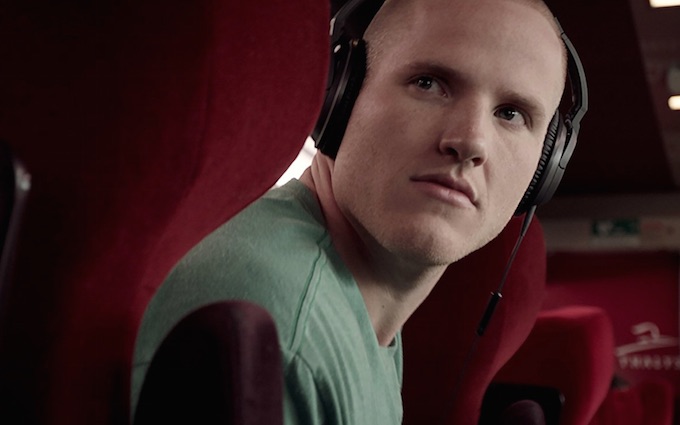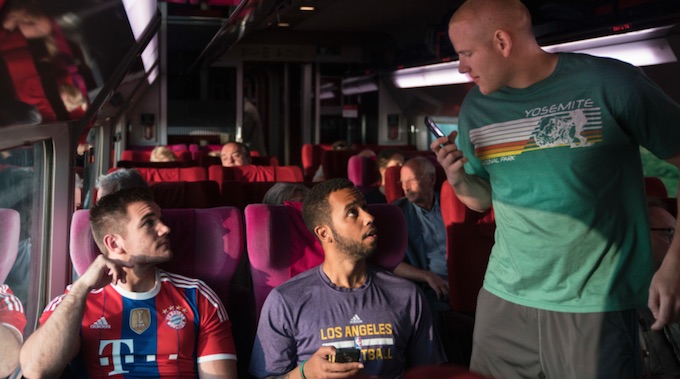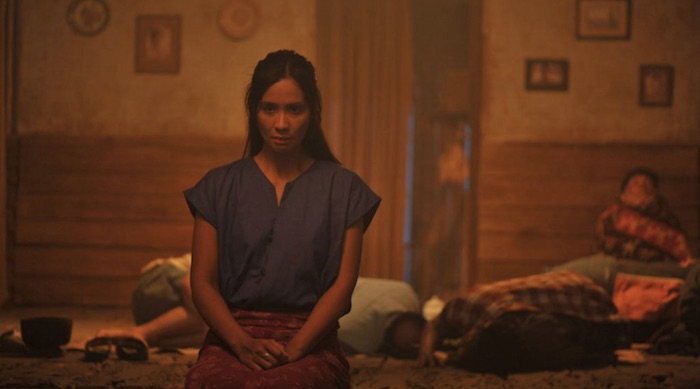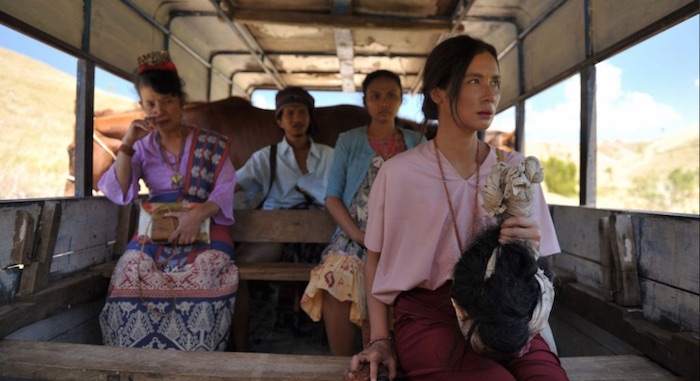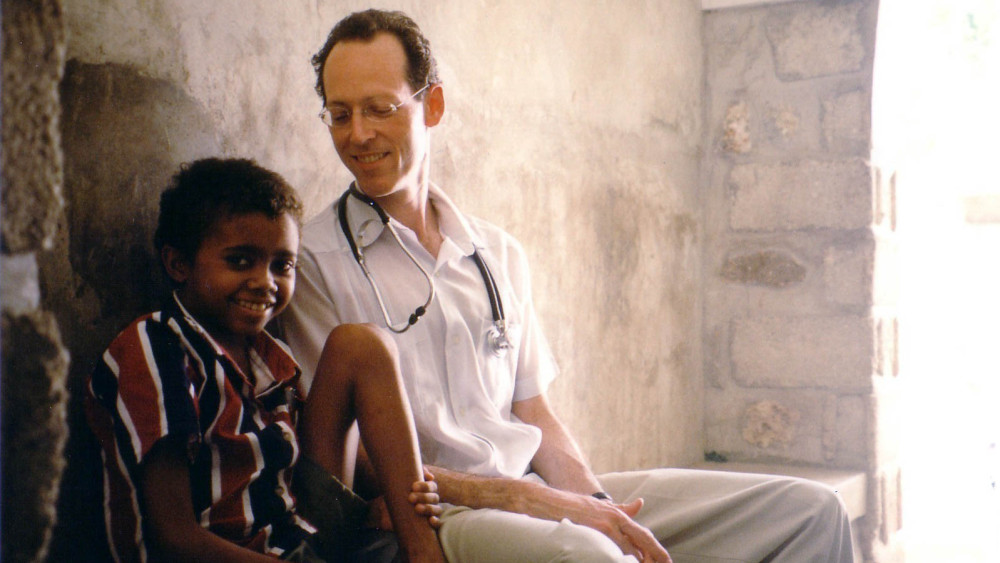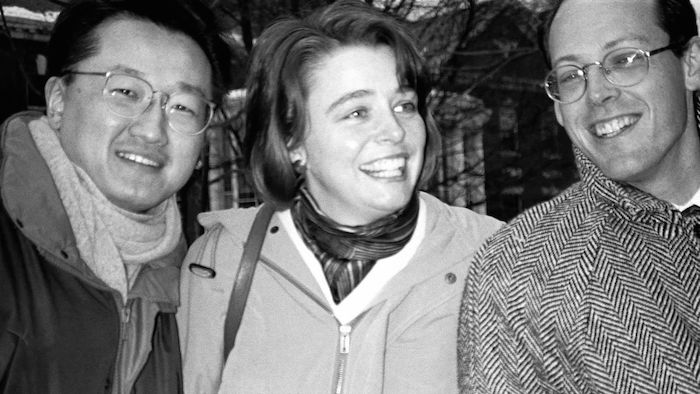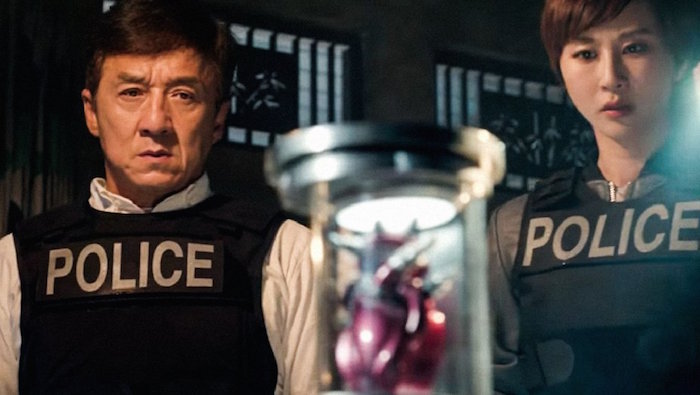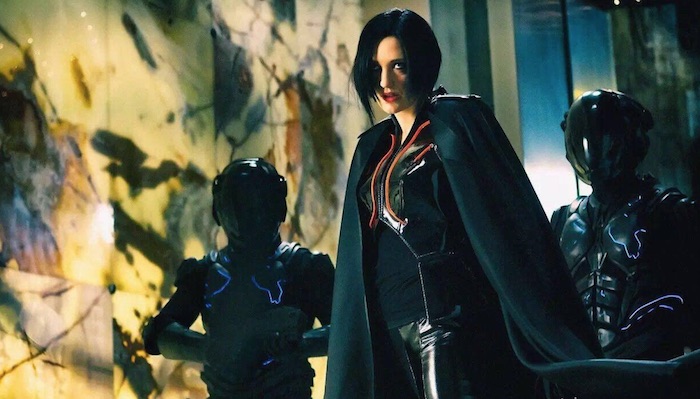DEATH WISH
 Tuesday, March 6, 2018 at 7:57PM
Tuesday, March 6, 2018 at 7:57PM Stars: Bruce Willis, Dean Norris, Vincent D’Onfrio, Elisabeth Shue, Kimberly Elise, Camila Morrone, Beau Knapp and Len Cariou.
Writer: Joe Carnahan; based on the novel by Brian Garfield.
Director: Eli Roth
Rating: 3/5
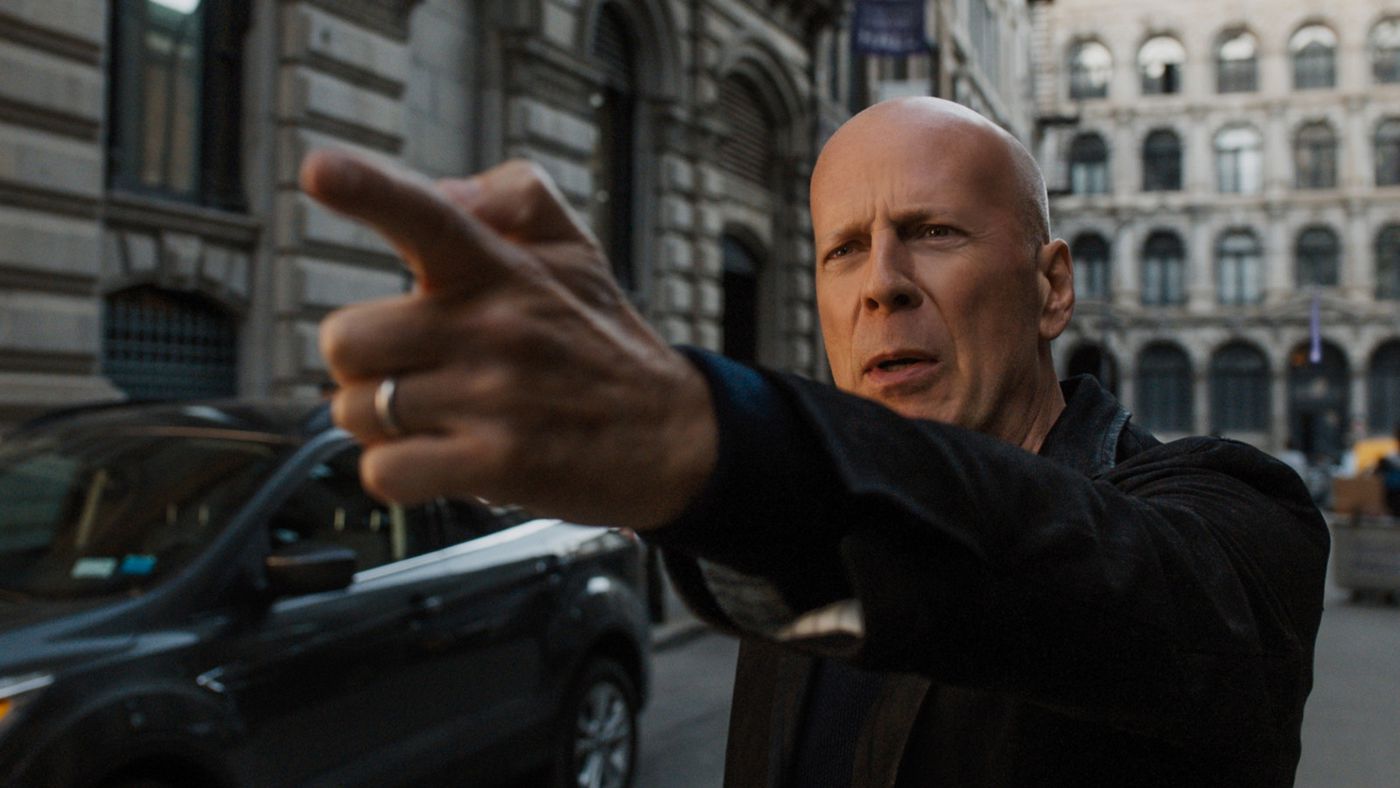
There is no escaping the urge to dismiss, even deride, Eli Roth’s remake of Michael Winner’s 1974 sequel-friendly Death Wish as an ugly by-product of the new President’s America. Filled with scenes one desperately hopes are ironic but probably aren’t (giggly, buxom salesgirls espouse the pure joy of AR weaponry; Mexican valets rape college-bound white girls; African-American hoods deal drugs via neighbourhood kids), this update threatens to play as archaically redundant as its source material. In the new United States of Fear and Intolerance, however, Roth's alpha male-privilege fantasy may tap the emboldened 'alt-right' audience.
Bald and angry white-guy Bruce Willis effectively channels the rigid, one-note screen presence of Charles Bronson as vigilante Paul Kersey, the well-to-do middle class professional who comes to accept that lone-wolf justice is better than anything the cops or courts can offer. When Dean Norris’ bald and angry white-guy detective offers only excuses regarding the investigation into the murder of his wife (Elisabeth Shue) and brutal assault of his daughter (Camila Morrone), Willis arms up and hits Chicago’s seedy, nighttime locales to reek his own brand of heart-over-head vengeance.
Willis’ casting is crucial, not because he does anything remarkable with the character – Kersey is a meat-&-potato American ‘suburban dad’, offering Willis little scope – but because Roth’s coldly calculated if simple-minded thriller exists in a 80s action-movie world totally tone-deaf in today's climate. Our anti-hero is so of another time, he can’t text (despite overseeing a modern hospital’s emergency room) and the narrative relies on some ridiculous developments only the most undemanding Blockbuster customer would have ever fallen for (e.g., Kersey procures his first gun when it falls from a shooting victim in the ER, in plain view of several clearly blind hospital staff and long after ambulance medics have stripped down the victim). Little is made of Dr Versey’s relationship with his Hippocratic Oath, one of many missed opportunities in the formulaically constructed script by macho screenwriter Joe Carnahan (Smokin’ Aces, 2007; The A-Team, 2010; The Grey, 2012).
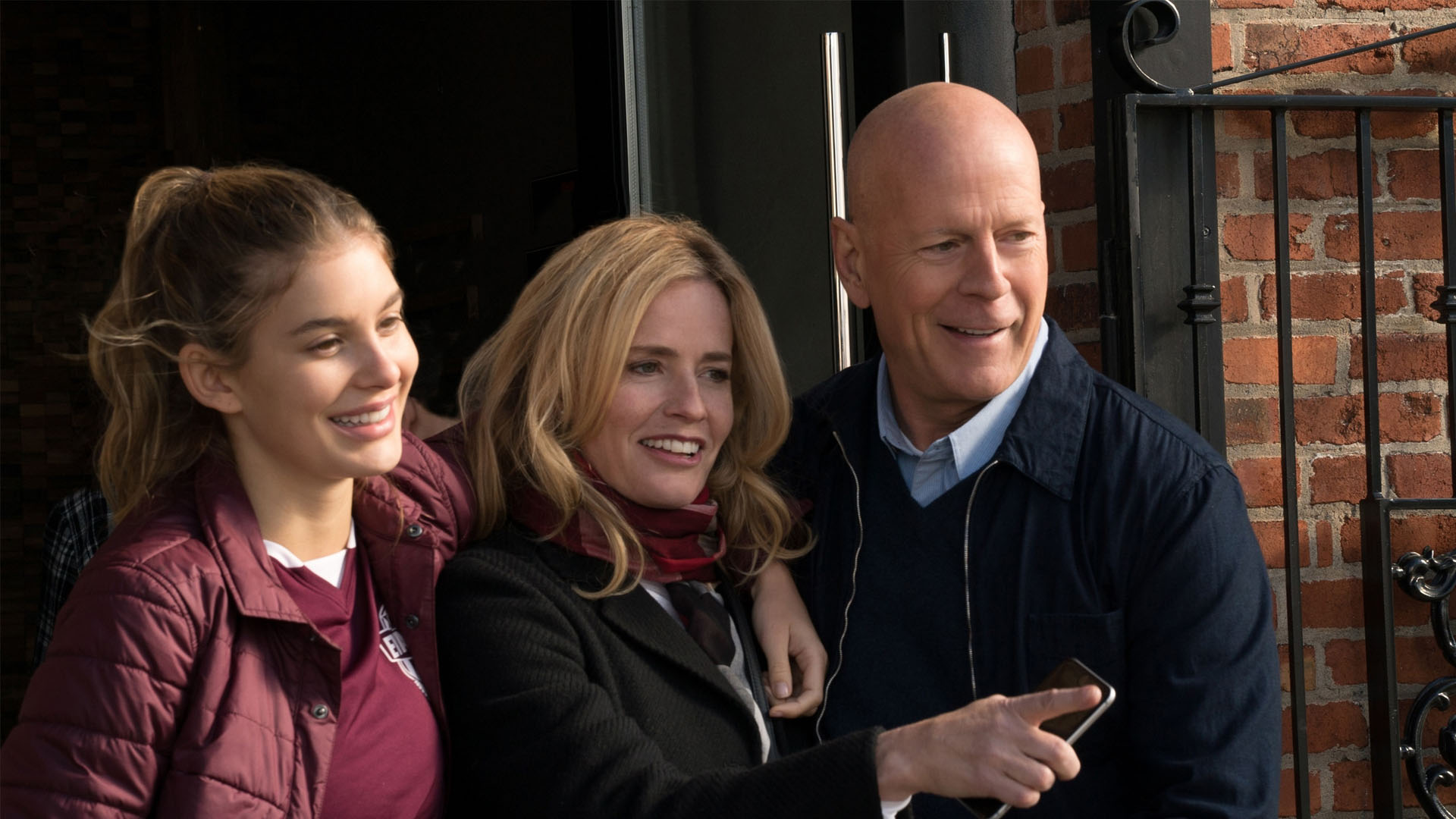
There are modern concessions that the 2018 production affords itself – Kersey becomes a viral online sensation, dubbed ‘The Grim Reaper’ when his first slaying is uploaded. But Roth falls back on another relic of times gone by, the talk-back radio shock jock, to act like a Greek chorus arguing (not very convincingly) the moral complexities of should-he-or-shouldn’t-he vigilantism. DOP Rogier Stoffers (School of Rock, 2003; Mongol, 2007; The Disappointments Room, 2016) also recalls the bygone beauty of Winner’s film stock ambience, capturing the deep, dark shadows of a city at night in his lensing.
To your left-leaning critic, the politics of Death Wish are reprehensible. Roth has never displayed too much sensitivity or intellect, so it is unlikely he took on a revenge narrative as a means by which to encourage discussion; in his film, a bad guy with a big gun will be stopped by a decent guy with a bigger gun, one of many NRA bumper-sticker sentiments that seem to have inspired the plot. To die-hard advocates of Trump’s singular vision to return his nation to ultra-conservative white-man rule, however, it will play as if John McClane, one of cinema’s greatest American heroes, was always on their side.
Nevertheless, Eli Roth’s Death Wish is arguably his best work since…whenever; a slick, sick and admittedly watchable throwback to a brand of un-PC action/thriller when the unjustifiable yet, to some, understandable actions of a gun-toting, grief-stricken everyman, his heroic roots in classic Western films, still seemed pure movie fantasy. With ugly male privilege and toxicity in the spotlight, Willis and his director faced an uphill battle to make their lead character anything less than reprehensible; if that’s their only achievement, it’s a significant if questionable one.
 Bruce Willis,
Bruce Willis,  alt-right,
alt-right,  eli roth,
eli roth,  revenge,
revenge,  violence
violence 

